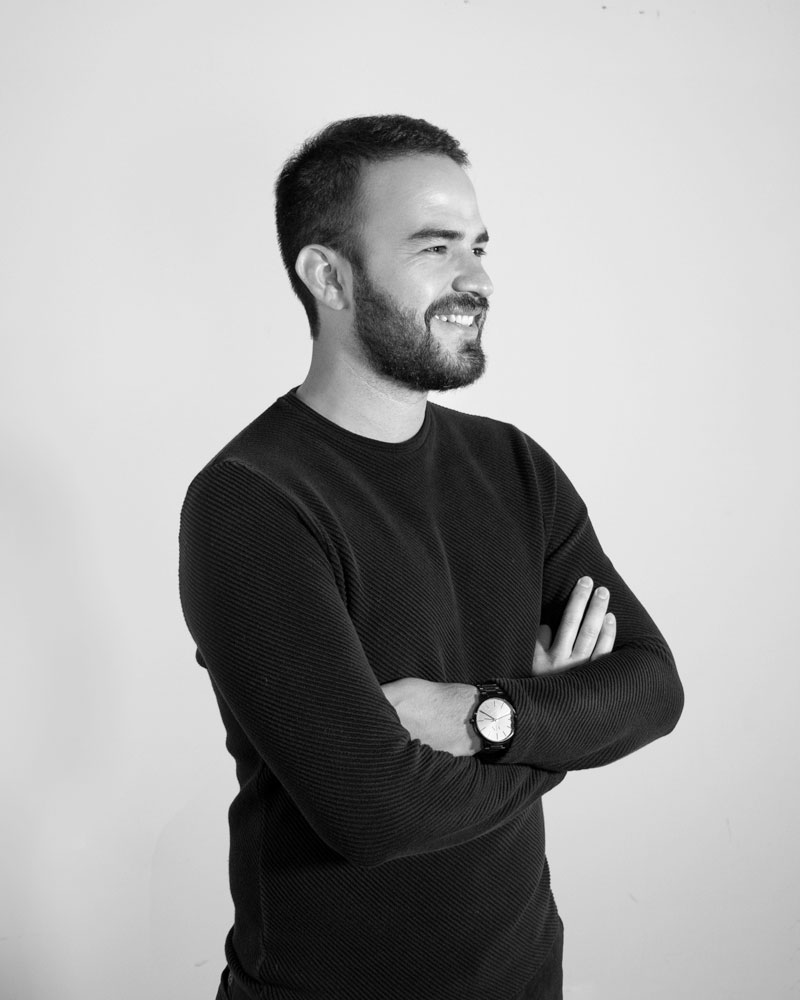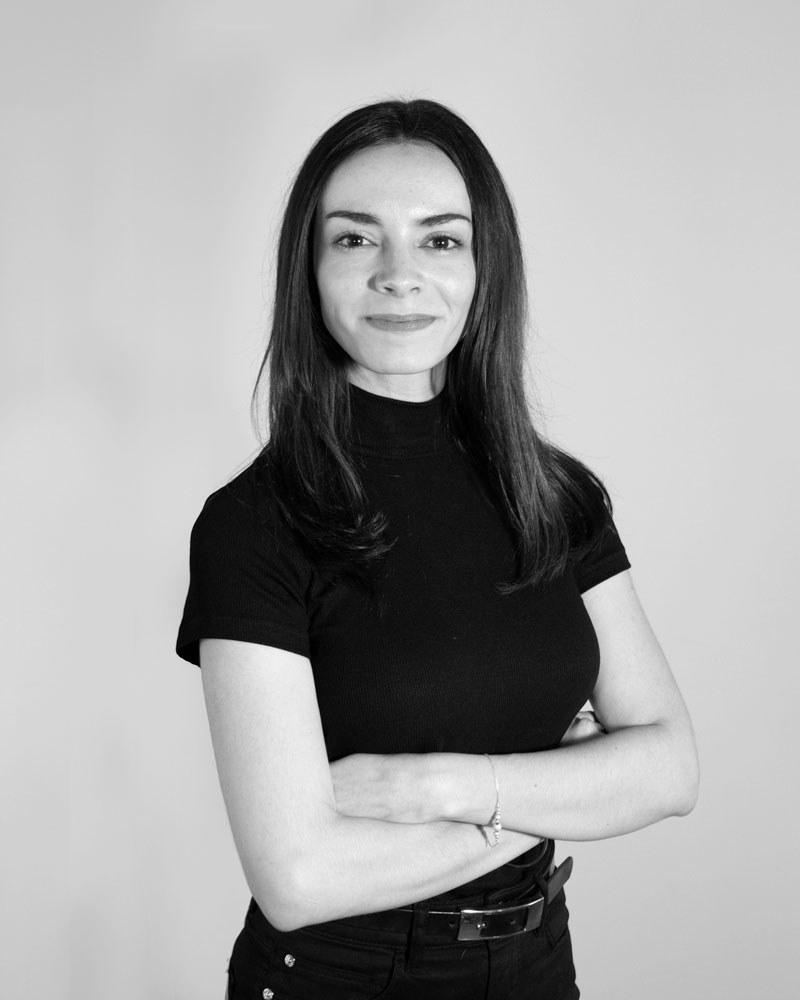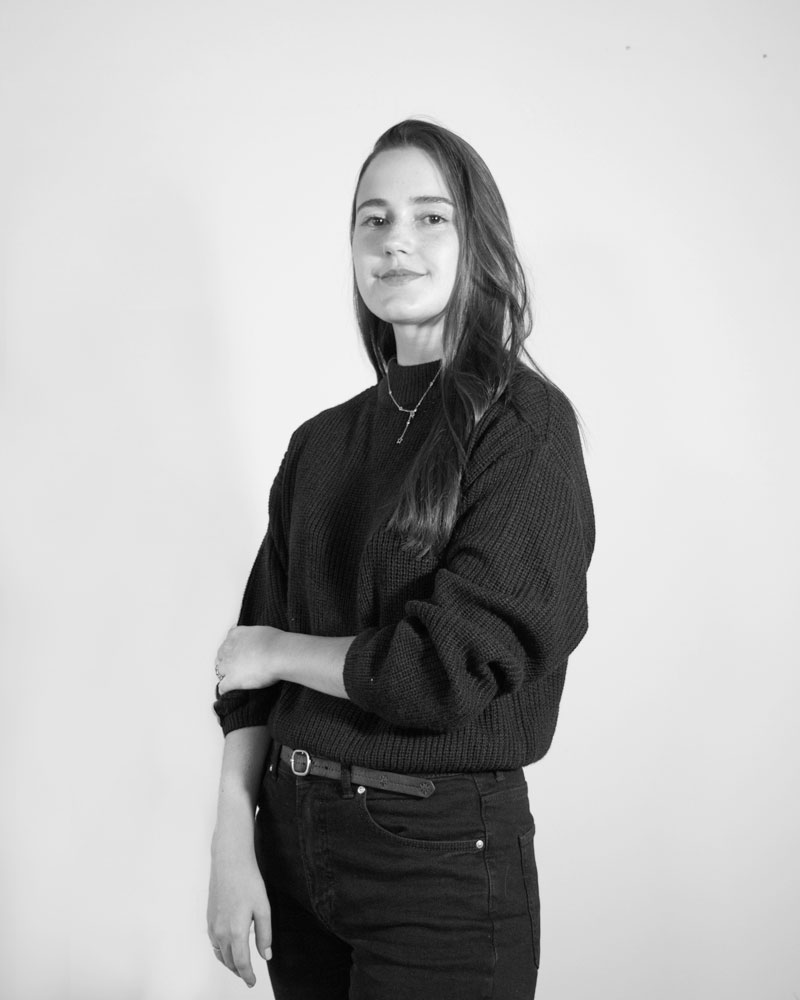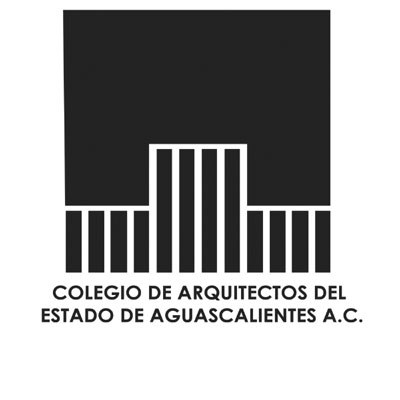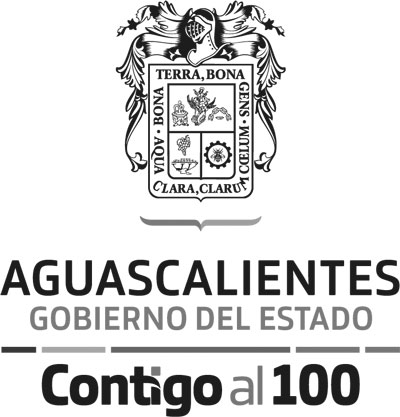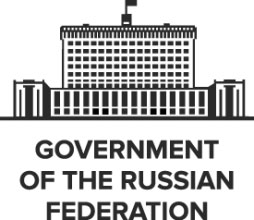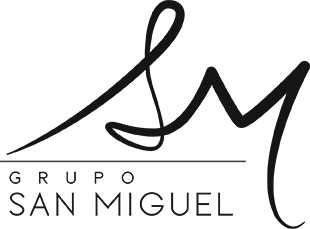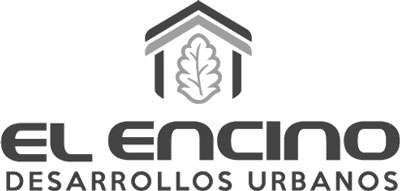The Mexican economy has been deteriorating since decades and is still an underdeveloped country. Nevertheless, being an underdeveloped country does not mean to be a poor country. There exists a great deal of inequality. Middle class has been diminishing while the contrast between the poorest and the richest is getting stronger. The greatest part of richness is in hands of very few people across the country. These results in divided cities and in social segregation. While the minority are able to establish influence over the political class and obtain benefits, the low-income majority suffers from poor quality settlements, disconnected housing areas, lack of services and a deplorable urban context. In many cases, the poorest parts of the city are built in illegal zones, which then become outlaw areas where not even the police enter. This situation has led to an urban transformation driven by changes in real estate solutions; since the dawn of the twentieth first century, closed housing clusters have been proliferating.
This modality has reached the vast majority of Mexican cities. These cluster systems are based on enclosed housing developments, which are low-dense, based on individual housing. This housing reality leads to the extension of cities, intensifying urban sprawl and magnifying entropy. As political crisis and corruption are a latent reality, developers find their way to avoid their obligations in terms of land donations and these results in large residential developments without the necessary mixed use and equipment integration. Along with this problematic, as cities tend to extend in a very diffuse manner, collective transport is a major trouble. Opposite to European cities, there are no passenger trains and metro systems are only existing in major cities like Mexico City, Monterrey and Guadalajara. Most of provincial cities work with bus systems, which generally exist in a deplorable state. The main way of transport is private cars and there is also a lack of quality in pedestrian paths, making it even difficult to walk.
For the working class, working areas are usually very distant from their residence, making it necessary to travel long distances and spend great deals of time in transport. As motor cars are the preferred way of traffic, municipalities consume huge amounts of public money in streets and highways maintenance. All these problematics have a common dilemma: policies. Why have governments not developed policies in order to increase density or directed opportunities to change the transport system? The problem is right ahead, and everyone knows that segregation does no good to anybody. So, why don´t things change? A new approach in urban planning is needed. One that focuses on overall welfare and progress for everyone. A new political class is also needed, it has been demonstrated that current politicians are corrupted and they only seek for their wellbeing. These has to stop. It is the time for our generation to really start changing the social reality of the world. Let´s put some action.
